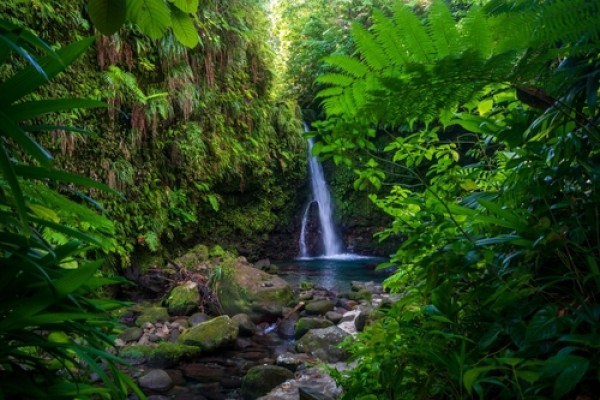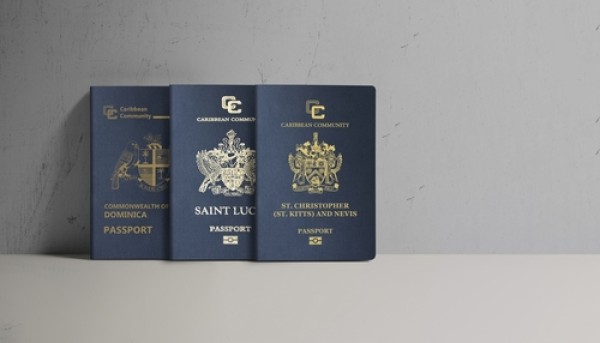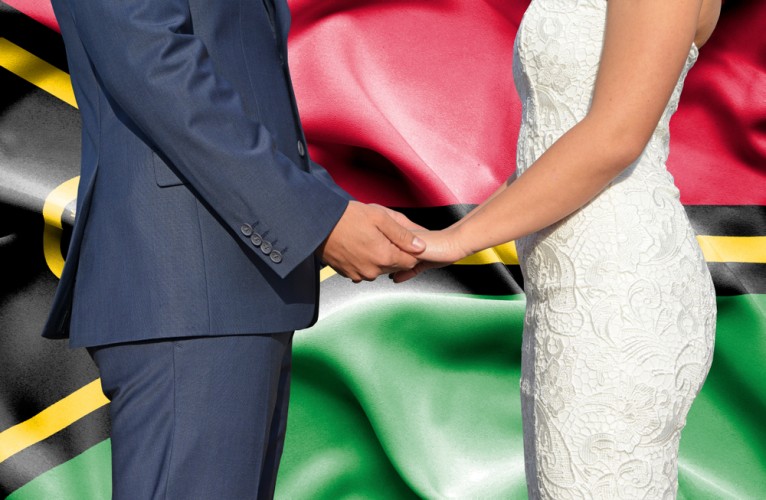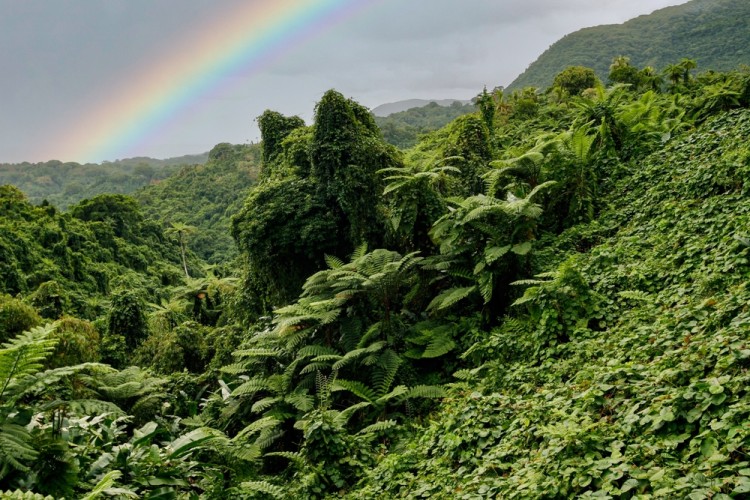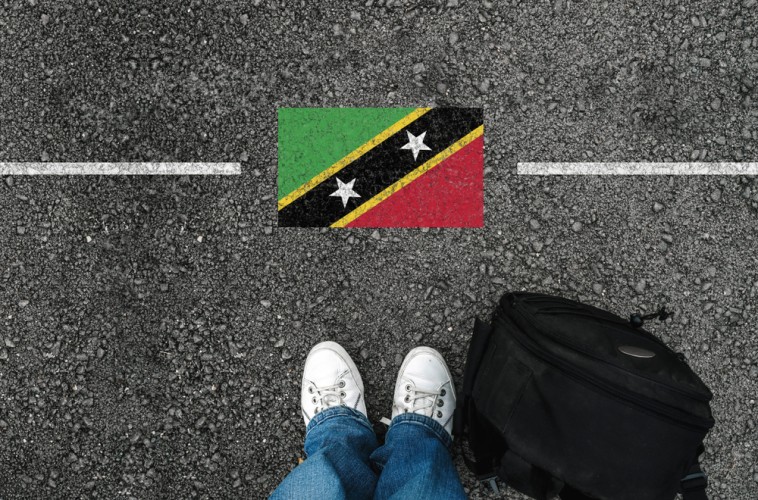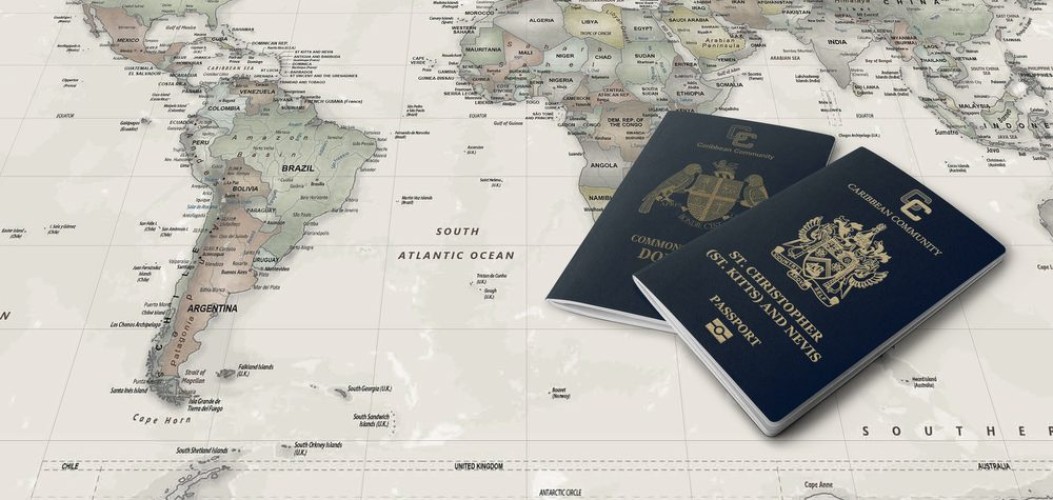Many enthusiasts explore second nationality options in pursuit of broader opportunities. Different programs deliver unique advantages, so thorough research matters. It is interesting to evaluate Dominica vs other destinations, to search for optimal solutions that grant extra security and economic flexibility. People usually investigate how various islands handle application requirements, timelines, and additional perks. Some prefer tranquil surroundings, while others prioritize immediate business advantages. A careful approach helps pinpoint the right fit.
What is citizenship by investment?
A structured path known as CBI permits foreign applicants to obtain a second nationality by fulfilling designated criteria. Several programs in the caribbean region exist for this purpose, offering direct investment or donation models. Officials run checks to confirm each applicant’s integrity, ensuring a credible framework that benefits local development. Outcomes often include a valuable second passport that removes travel constraints. New citizens can explore international ventures and travel to many countries with visa-free access. The overall processing time hovers around a few months, whereas certain jurisdictions might take longer.
Investors also note potential tax benefits and property prospects. The total cost is approximately a set figure, but exact amounts differ by location. Each program remains affordable relative to other global alternatives. A single applicant or a family of four commits a minimum sum, whether through government donation or real estate purchase. The final expense covers official checks, due diligence, and related fees, sometimes excluding optional items. Decision-makers compare these factors to gauge viability. Careful applicants weigh how second nationality aligns with personal or professional goals.
Extensive points arise before a final selection:
- Examination of versusfinancial structures tied to each country.
- Observation of local living conditions and possible cultural barriers.
- Awareness of longevity: some programshave persisted for years, bolstering trust.
- Assessment of property resale potential or rental yield after approval.
A systematic review prevents rushed decisions. Reliable data, coupled with guidance from well-informed advisors, streamlines the journey. People value clarity on the path to second nationality, seeking benefits like safer future planning and stable backup solutions. Each detail, from background checks to post-approval obligations, influences the result.
Dominica vs. Antigua and Barbuda
Comparisons between these two destinations draw attention to specific features. Applicants often weigh antigua vs dominica citizenship when cost or local development potential matters. Antigua’s real estate sector offers various upscale properties. The island of Barbuda, part of this republic pairing, entices beach admirers. Some individuals see strong tourism prospects that might enhance future returns. Slightly higher financial outlays can arise in Antigua, but the region’s solid infrastructure appeals to many.
Another factor involves brand recognition. Antigua’s presence in the hospitality sector can open networking possibilities. The other island’s charm lies in ecological wonders that attract adventurous souls. Both membership options grant broad travel freedom, with multiple visa-free deals worldwide. People methodically evaluate the timeline, the real estate route, or potential philanthropic avenues. In many instances, thorough planning creates a successful outcome.
Dominica vs. Grenada
Individuals frequently contemplate grenada vs dominica citizenship, searching for minimal bureaucracy and meaningful benefits. Grenada’s thriving tourism scene draws yacht enthusiasts, plus it shelters an esteemed medical university. Potential participants observe how local systems handle verification. The region’s stability reassures those wary of uncertain governance. Meanwhile, the island from the heading has developed programs that function smoothly for foreigners.
Financial comparisons arise, since each location enforces a standard donation or real estate investment.
Discerning applicants track the finer points of background checks. Credible oversight fosters trust and discourages misuse. Grenada’s maritime connections expand commercial horizons, while the alternative stands out for eco-centered attractions. Each route leads to a respected second passport, broadening global mobility.
Tax policies, business infrastructure, and community acceptance matter as well. Some see advantage in the island known for robust shipping channels; others favor quieter living. Personal preference shapes final decisions. The possibility of living part-time or renting out property plays a role. Thoroughly reviewing local laws, timeline efficiency, and property laws helps prevent surprises. Official data clarifies eligibility, guaranteeing no illusions regarding cost or wait periods.
Dominica vs. Saint Lucia
Observers routinely reference st lucia vs dominica factors before concluding which setting aligns with personal visions. Another angle focuses on st lucia vs dominica citizenship, where both frameworks present appealing offers for investors. The idyllic environment in Saint Lucia suits those craving scenic ocean views and modern resorts. The other territory (from this page’s main subject) features pristine nature for eco-minded visitors.
The government’s approach encourages expansion in hospitality. The neighbor’s program garners praise for straightforward documents. Cost structures do vary, yet each territory ensures recognized second nationality. Applicants scrutinize each side’s timeline, generally measured in a handful of months. That speed interests professionals needing swift coverage for business or family mobility.
Checking local regulations ensures success. Some appreciate the difference in real estate fees, while others compare intangible lifestyle factors.
Key elements that applicants examine:
- Level of administrative efficiency, from initial application to issuance of documents.
- Potential for property appreciation or stable rental income.
- Cultural environment that resonates with personal tastes.
- Availability of professional services like accounting or legal counsel.
Thoughtful reflection leads to stronger confidence. Cautious investors request official instructions, ensuring clarity on each step. Both island systems welcome foreign capital, supporting local progress. Years of refinement have boosted reliability, pleasing prospective residents. The chance for a legitimate second citizenship resonates with those seeking flexible planning and broader global ties.
Dominica vs. St. Kitts and Nevis
These twin islands hold a significant place in Caribbean cbi history. Many weigh st kitts and nevis vs dominica passport details, noting that St. Kitts pioneered this concept decades ago. Nevis complements that progress with a calmer setting, ideal for those longing for seclusion. The separate territory in question aims to keep up through continuous enhancements. Kitts stands out for marketing sophisticated property developments that attract cosmopolitan buyers.
Nevis fosters boutique accommodations and a more discreet environment. Each region enforces thorough vetting. Potential participants realize that second citizenship demands reliability. The older program, run by Kitts, is recognized for stable protocols. The parallel option from this article’s focus also maintains momentum. Timelines vary, but each route remains direct for well-prepared applicants.
Taxes form another consideration. Kitts sometimes imposes different rates or structures than neighboring isles. Interested parties investigate potential passport strength, observing how widely it unlocks visa-free entry. The island from the heading also presents similar coverage, though exact tallies shift annually. Checking official resources aids in making sound choices. Real estate, philanthropic methods, or other investment roads exist, ensuring some variety for participants.
Dominica vs. Malta
Malta stands in Europe, far from the caribbean. People who weigh this path measure the significance of direct EU links. This section addresses a scenario that some label “the dominica vs Malta debate,” though official headings differ. Malta enforces higher money contributions. That approach grants possible ties to European business hubs. Applicants anticipate more rigorous background scrutiny, plus elevated living costs.
Applicants assess whether they want extensive travel within the EU or a calmer tropical retreat. Each program stands out for distinct reasons. Thorough comparison reveals subtle distinctions in wait times, fees, and family eligibility. Potential concerns might include language adjustments or cultural assimilation. The ultimate decision depends on personal aspirations and resources.
Osher Advisors’ assistance in choosing
Professional guidance often accelerates the path to second nationality. Osher Advisors offers strategic insights backed by years of experience. Experts clarify requirements, gather documents, and anticipate possible obstacles, saving precious time. Their approach proves invaluable for individuals uncertain about local regulations or hidden costs. Many see them as a reliable resource for shortlisting feasible paths.
Specialists at Osher Advisors consult on everything from philanthropic donation amounts to real estate acquisitions. That assistance helps prospective citizens avoid guesswork when evaluating Saint Lucia, Kitts, Nevis, Grenada, Antigua, or Malta. Skilled counselors interpret updates in policy, ensuring timely responses to shifting scenarios. Personalized attention removes confusion, allowing a smoother transition to a fresh legal status.
This closing segment confirms that thorough planning and expert collaboration protect against unintended pitfalls. Good counsel paves the way for a robust second passport, eventually fostering new personal or commercial horizons. Applicants often appreciate how streamlined methods replace uncertainty with secure knowledge. The outcome elevates flexibility in travel, finances, and overall life planning.

